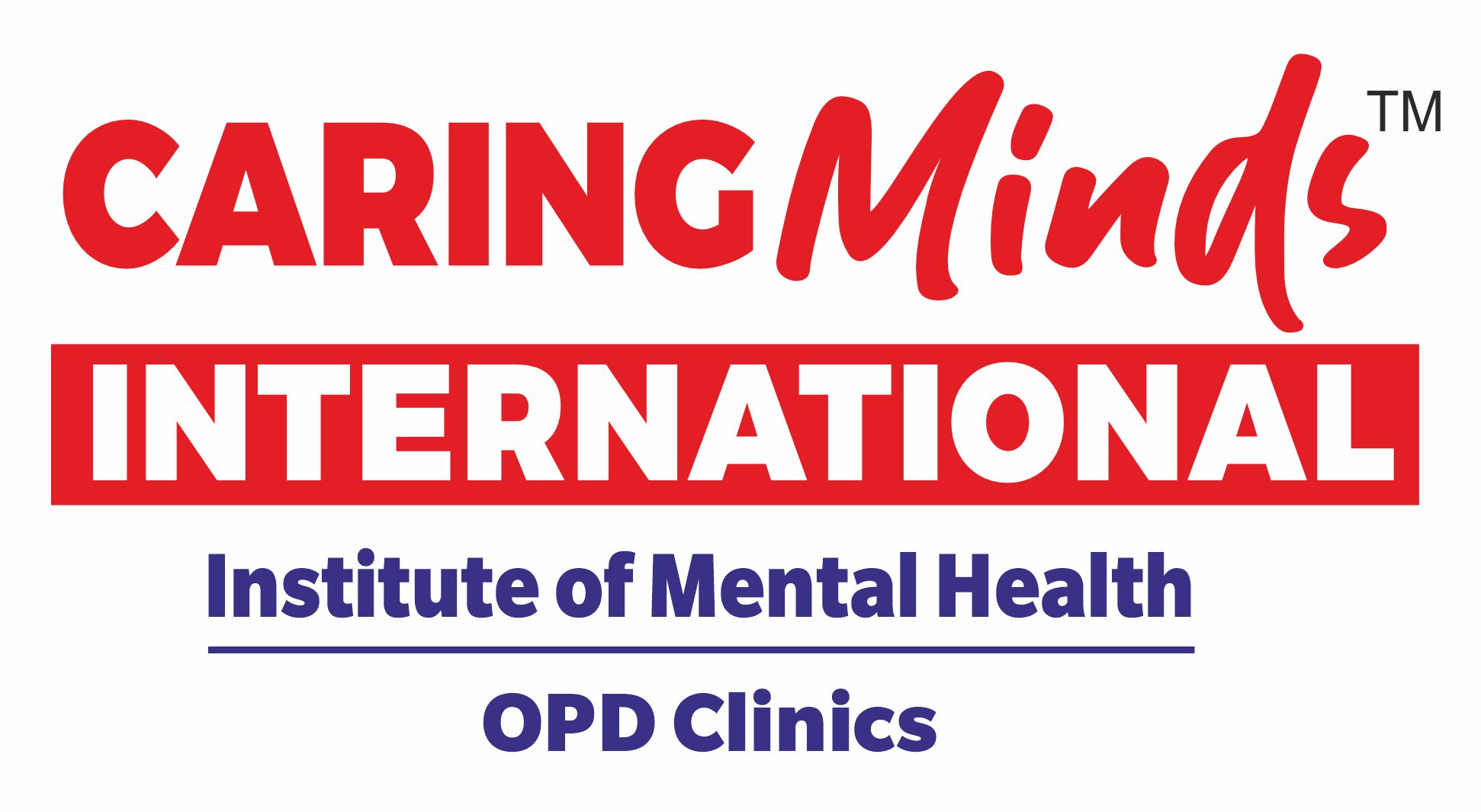All fields of human endeavour use measurement in some form, and each field has its own
set of measuring tools and measuring units. In psychology, we tend to measure behaviour by the use of various standardised tests. Psychological assessment involves the gathering and integration of psychology-related data for the purpose of making a formal psychological evaluation that is accomplished through the use of tools such as tests, interviews, case studies, behavioural observation, etc. This is necessary for the purpose of diagnosis and treatment. Psychological testing is always performed by a licensed psychologist and consists largely of paper-and-pencil tests. It is done to help a psychologist better understand an individual and provide valuable insights into the individual’s behaviour, skills, thoughts and personality. Psychological testing commonly includes intelligence testing, personality testing, and skills testing, among other areas.
Psychometric Assessment









